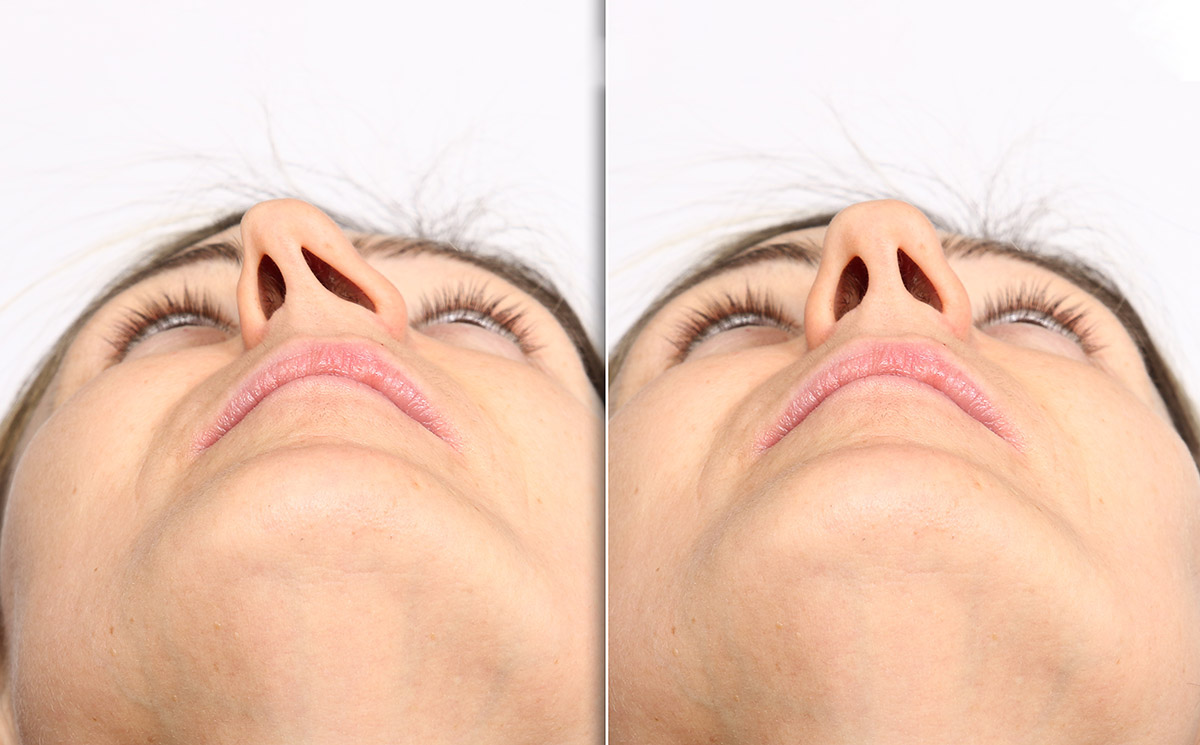Most recipients of Social Security Disability benefits continue to receive payments without any issue,but it’s important to remember that disability payments continue so long as you meet the requirements. SSDI and SSI are never guaranteed to last forever and there are several ways for them to be suspended or terminated indefinitely.
Before applying for social security disability benefits,it’s important to be aware of how they can be canceled.
Medical Improvements SSI/DI
Social security disability beneficiaries are often approved due to a debilitating injury or a medical condition that prevents them from working,including psychiatric conditions. The Social Security Administration reviews medical beneficiaries every three to seven years to ensure their condition still entitles them to benefits,but if they determine you’re no longer disabled as defined by the SSA and have made enough of a medical improvement,you can lose your benefits.
Returning to Work & SGA
When a beneficiary begins working again,the income derived from the job can cost them benefits if it exceeds “substantial gainful activity” (SGA). The SGA is determined by the Social Security Administration but follows certain guidelines. Essentially,SGA describes a level of work activity and earnings,considered substantial if it involves significant physical or mental activities. Gainful work activity is defined as work that is performed for pay or profit,the nature of the work is generally performed for work or profit,or is intended for profit.
If returning to work,a beneficiary can lose their benefits by engaging in SGA. If you’re concerned about losing your benefits in this way,it’s important to talk with an SSI / SSDI attorney.
Retirement Age & Disability Benefits
For SSDI beneficiaries that reach their full retirement age,they will likely see their disability benefits stop. Social Security retirement benefits and SSDI benefits cannot be issued together and once a person is eligible for retirement they are no longer eligible for their disability. Once retirement age is reached,the SSA will switch over from SSDI payments to your retirement benefits.
Social Security Disability Benefits & Incarceration
If a person has been incarcerated at either a prison or other penal institution after being convicted of a crime,disability payments will cease until you’re released. It’s important to note that you’ll be eligible again after being incarcerated unless convicted of a felony. Some felony convictions will include a cessation of benefits and/or eligibility as well.
SSI Asset Limits
If your income or assets rise above the limit for SSI or SSDI eligibility,your payments will cease and you’ll no longer be eligible whole earning too much income. How your income is earned isn’t relevant,unless already crossing the SGA threshold,but earning above the income limit will cost you your benefits. Some acquired assets and income types that count towards these limits include private pensions,spousal income,parental income,inherited assets,and alimony payments. It can be complicated and a complex issue to navigate as a number of factors can go towards crossing the asset limit. If you fear that you may lose your benefits for this reason,consult an experienced SSI or SSDI attorney to help you.
Protecting Your Social Security Disability Payments
It’s important to know what can trigger your social security disability benefits to cease,especially as some of the reasons for their stopping can be a mistake and are avoidable. As mentioned a few times before,it’s important to consult with an SSI / SSDI attorney who has extensive experiencing protecting people from the cessation of benefits and the SSA itself.
Here at Marken Law Group,we have a comprehensive understanding of social security benefits. We understand how stressful benefits can be and don’t want to add to your plate during this potentially stressful time. We have represented hundreds of claimants in Washington,Idaho,Montana,Oregon,and California to obtain what is rightfully theirs. We focus on your individual needs and bring our extensive experience to help guide you through. Partner with an experienced ally that is by your side from start to finish and have a qualified social security lawyer to help you.
